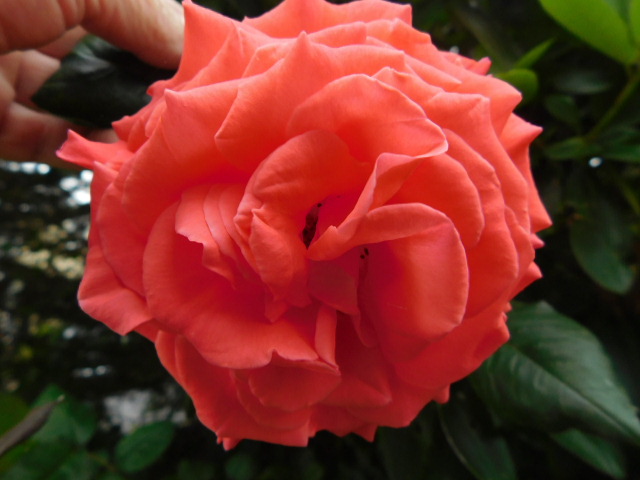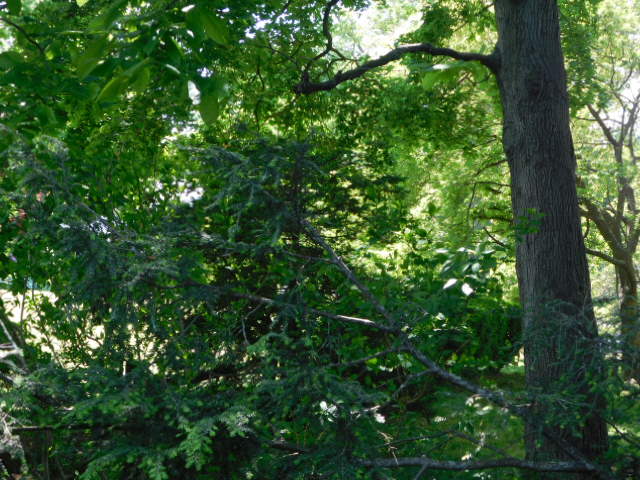 |
| Fossil-fueled boats pollute water and air; these have no economic purpose. |
Modern civilization is fashioned of fossil fuels. Coal and oil have enabled infrastructure,
technology, and living standards for masses of people that were only dreamed of
by tiny elites a few hundred years ago.
Realization that heavy use destroys the biosphere has hardly made a dent
on emissions. We enjoy our current
conveniences and want to continue eating in the style to which we have become
accustomed. Complacent inertia strips
mountainsides and pumps holes to spew carbon ubiquitously.
Almost infinite conflicting predictions concern changes
ushered in by this pandemic. I forlornly
hope it becomes the proverbial “whap alongside the head” that knocks sense into
society. In particular, I wish our
excessive use of combustion would slack off.
Recent health, economic, and social crises could help us to move
on. Imagine a world without internal
combustion engines, few jet airplanes, many windmills and solar panels,
insulated “green” homes and offices _ cleaner air each year. And, yes, we could still work, eat, and be
entertained.
 |
| Roses bloom as much of life continues heedless of possible catastrophe. |
Progression in that direction has been going on for some
time. Texas produces huge quantities of
wind energy, homes are sheathed in solar panels, electric vehicles are mandated
in places like China and Europe. Various
technologies proclaim breakthroughs week by week. Younger generations had already rediscovered
the joys of living in energy-efficient apartments in cities. The cost of
“renewable” energy has been dropping dramatically. But there seemed to be a very long slog
ahead, simply because society was used to multiple vehicle households, high
heating and cooling bills, work that demanded frequent travel, and all the
other assumed requirements of life.
 |
| We are as guilty as the next guy, appreciating our heat and air conditioning |
Biology has a term called “punctuated equilibrium” which
describes what may be happening. Little
changes keep creeping into an organism, until some dramatic environmental event
makes a few of these changes so useful that its owner becomes dominant. For example, if people begin to work a few
days from home, there will be no need to own more than one car. If trips are shorter and less frequent, small
electric vehicles work just fine. If
solar panels lower energy bills at home and office they will multiply.
All of such changes have cascading effects on industry. Electric utility companies already notice a
drop in power demand, but if homes really start to go off-line, the cost of
maintaining an electric network of wires and transmission stations becomes
exorbitant. If fewer cars are used less
often, the underfunded road network will wither and encourage rail bulk
transport. Work from home is likely for
service industries, electronic connections finally leap to prominence over face
to face business travel. Many factories
(filled with robotic labor) will relocate to places like deserts where solar
power is cheap and frequently available.
The list is long and strange. And
once started, the progression is self-sustaining. It becomes too expensive and annoying to
fight trends _ just like the replacement of horse-drawn transportation in a
decade or so.
 |
| It would be foolish indeed to ever ignore beauty. |
Although I hate yard crews because of noise, they are
indicative of hopeful home trends _ renting or sharing power equipment. The same is true of using cleaning
services. Home delivery of goods is more
power efficient than multiple individual vehicles making short trips. Solar panels, efficient lighting, decent
insulation and windows all cut down on energy use and save money. These and other similar issues are all of a
nature that becomes more asymptotically common _ fads which are good for the
environment. All of these have been
given a giant boost by the pandemic lockdown.
Anyway, I am breathing clearer this year. The air has rarely seemed so delicious. Admittedly, in the last few weeks, traffic
has returned and mowers and blowers resumed their roars. Peace and quiet gone with the return of
economic activity. As everything gets
back to “normal” I fear that all my hopes and dreams are only hopes and dreams
after all. We have learned nothing.
 |
| More boats stretch to the horizon, forces greater than I are involved. |
What nature remains seems to have adapted anyway. I realize that my little locality does not
represent the world, and my personal observation is hardly universal. Yet local extinctions seem to have occurred, not
only in reptiles like snakes and turtles, but in all species not cohabiting
with man (e.g. gulls, raccoons, chipmunks, pigeons, rats, crows, dogs, cockroaches,
etc.) Insects are too sparse. Thousands of plant species are gone with the
snows of yesteryear. Perhaps nothing can
stop our march to sterility.
For a few moments, however, let me pretend there is a silver
lining somewhere. That a tipping point
has been reached towards something better.
That trends aligned against fumes will begin a virtuous cycle that
eventually ends smog forever. I realize
it is probably no more likely than any other fantasy of being saved by the
supernatural, but I am grateful for any improbable fleeting vision of good to
which I can momentarily cling.















































